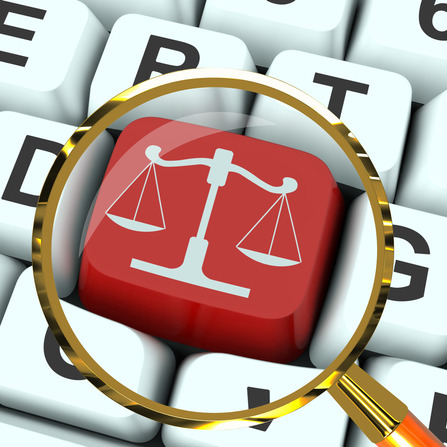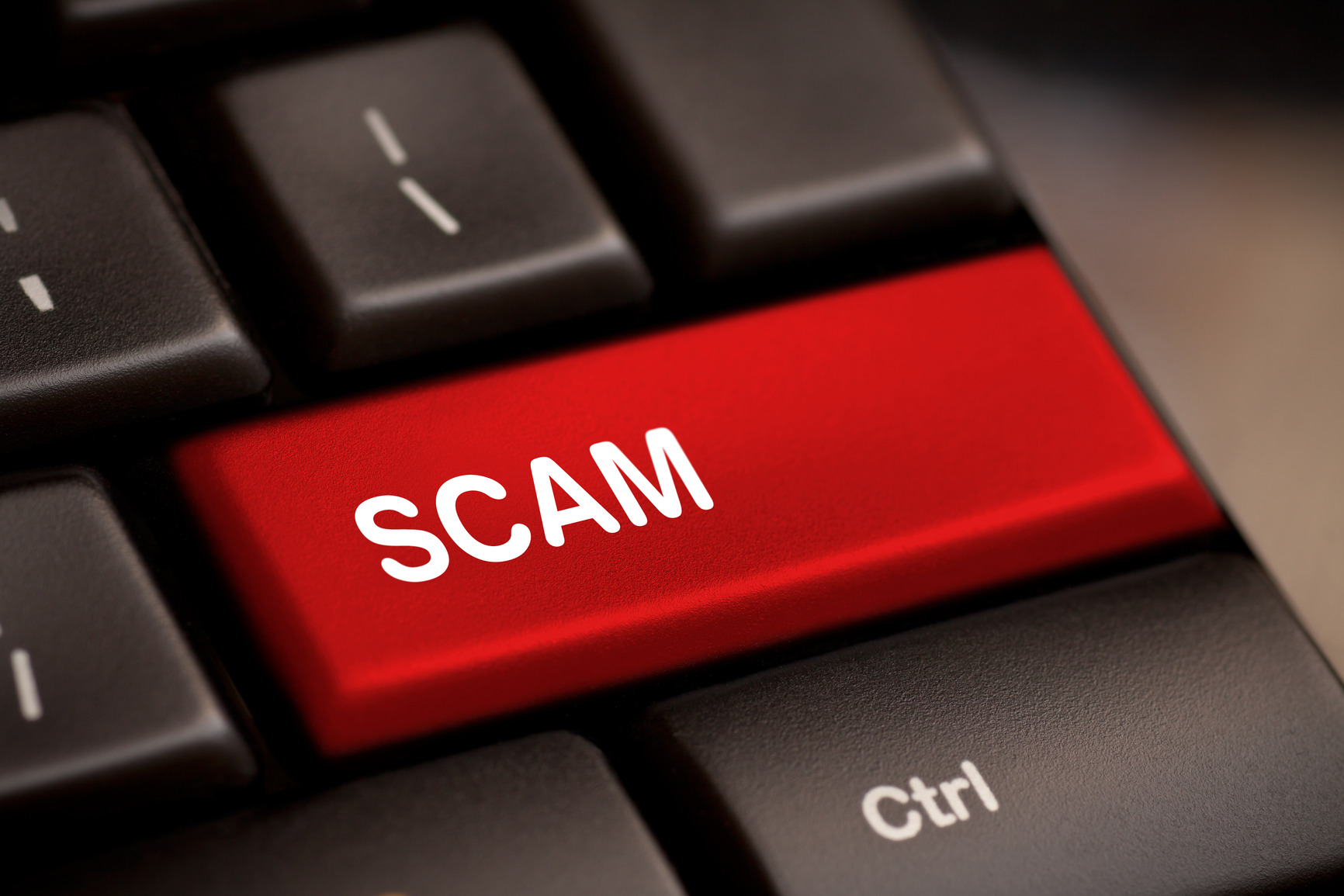Cybersquatting is closely related to trademark infringement and trademark dilution. A person engages in cybersquatting when he/she registers, uses or sells an Internet domain name with the intent to profit from it either by ransoming the domain name back to the trademark owner or by using the domain name to divert business from the trademark owner. The Anti-Cybersquatting Consumer Protection Act permits victims of cybersquatters to seek damages in federal court.
In order to establish a cybersquatting claim, a plaintiff must establish specific elements, including ownership of a distinctive or famous mark entitled to protection; that the purported cybersquatter’s name is identical to or uses confusingly similar language of the trademark; and that the domain name was registered, used or sold with the bad faith intent to profit therefrom.
Courts consider numerous, non-dispositive elements when assessing the element of bad faith, including the trademark or intellectual property rights of the defendant in the domain name; the extent to which the domain name consists of the defendant’s name; the defendant’s prior use of the domain name in connection with the bona fide offering of goods or services; the defendant’s bona fide non-commercial or fair use of the mark in a website accessible under the domain name; the defendant’s intent to divert consumers from the trademark owner’s online location to a website accessible under the domain name, either for commercial gain or with an intent to tarnish or disparage the mark, by creating a likelihood of confusion as to the source, sponsorship, affiliation, or endorsement of the website; the defendant’s offer to transfer or sell the domain name to the trademark owner or any third-party for financial gain; the defendant’s giving false contact information to the domain registrar when applying for the domain name; the defendant’s registration or acquisition of multiple domain names that are identical to or confusingly similar to the trademarks of others; and the extent to which the trademark incorporated in the defendant’s domain name registration is or is not distinctive.
Courts routinely give significant weight to the fourth factor. As a general rule, a bona fide non-commercial use will not amount to bad faith. Non-commercial use includes comment, criticism, parody, news reporting and similar activities. Non-commercial use does not include offering goods or services for sale, or including links to commercial websites.
Whether a defendant has clearly and conspicuously disclosed the lack of an affiliation with the trademark owner is also given significant weight. Including a prominent disclosure and linking to the trademark owner’s official website is relevant when assessing the existence of a bad faith intent to profit.
The ACPA authorizes a court to order the forfeiture of the subject domain name to the owner of the trademark and monetary damages, including maximum statutory damages of $100,000, per act of cybersquatting. Attorneys’ fees may also be awarded to a plaintiff should the court determine that a defendant’s conduct is willful or intentional.
If the owner of a disputed domain name is unable to be located, the trademark holder may be able to initiate an in rem action against a domain name in the judicial district in which the domain name registrar, domain name registry or other domain name authority that registered or assigned the domain name is located.
An aggrieved trademark holder also has the option to use the Uniform Domain Name Dispute Resolution Policy online dispute mechanism to address cybersquatting concerns. The UDRP is a less expensive and faster alternative than initiating formal legal action to resolve cybersquatting claims. The plaintiff’s remedy in a UDRP action is the cancellation or transfer of an improperly registered domain name.
Note that a losing party in a UDRP proceeding can file suit in federal court to reverse a UDRP ruling. In fact, courts are empowered to award attorneys’ fees and damages to a losing party in a UDRP proceeding if it is determined that the proceeding was knowingly initiated in bad faith.
Contact a cybersquatting and domain name dispute lawyer at rnewman@hinchnewman.com for additional information about UDRP proceedings or the ACPA and what constitutes a bad faith intent to profit. This article should be of interest to anyone that is filing or defending a cybersquatting claim.
Richard B. Newman is a leading Internet Law Attorney at Hinch Newman LLP focusing on advertising and digital media matters. His practice includes conducting legal compliance reviews of advertising campaigns, representing clients in investigations and enforcement actions brought by the Federal Trade Commission and state Attorneys General, commercial litigation, advising clients on promotional marketing programs, and negotiating and drafting legal agreements.
Information conveyed in this article is provided for informational purposes only and does not constitute, nor should it be relied upon, as legal advice. No person should act or rely on any information in this article without seeking the advice of an attorney.




